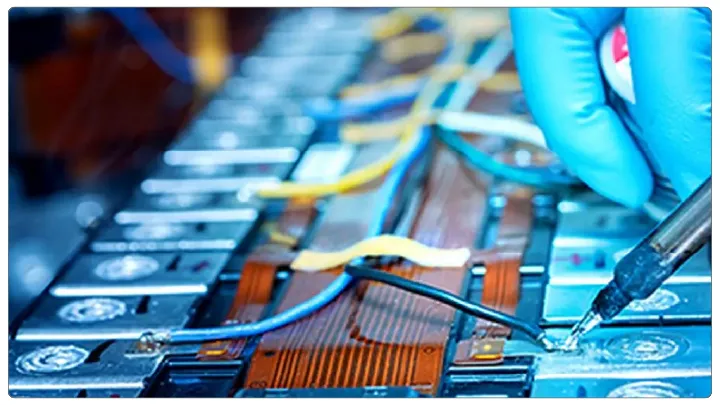“India’s EV Dream Can’t Ride on Lithium Alone-Time to Power Up New Tech!”
As India accelerates toward an electric future, experts are throwing up a red flag: lithium is not enough. Through leaders, scientists, and mobility pioneers united in a resounding demand at a high-voltage EV industry forum in New Delhi, India, the industry needs to escape its lithium bubble and accelerate innovation in next-generation battery technology. The call is not just a suggestion- it's a strategic necessity: a diversified energy storage plan is now central to securing India’s long-term mobility independence.

Why the urgency? India’s lithium supply chain is dangerously dependent on foreign reserves. With only a small portion of the world's lithium resources located within its borders, the country risks becoming embroiled in a global resource war unless it begins supporting alternatives immediately. The cost and volatility of international lithium markets only exacerbate the situation's risk. Experts believe India must take control before global demand outpaces access.
The spotlight is shifting to bold contenders like sodium-ion, aluminum-air, and zinc-based battery technologies that promise affordability, scalability, and made-in-India potential. According to Dr. Rahul Walawalakar, President of the India Energy Storage Alliance (IESA), the game plan must pivot from chasing lithium to building a multi-tech battery ecosystem that can stand the test of time. Such technologies could unlock domestic manufacturing at scale and reduce reliance on hostile trade routes. In a world moving toward de-risked supply chains, this shift is not optional; it's urgent.
Although the government's Production Linked Incentive (PLI) program may have been a catalyst for the battery revolution, insiders claim it was insufficient. India requires a national innovation push, considering university-led deep tech labs investigating non-lithium solutions, startup accelerators, and R&D grants. The policy must now fuel invention, not just production. Without parallel research funding, manufacturing schemes alone will hit a ceiling.
This isn’t just about energy independence. It’s about future-proofing India’s electric revolution. As demand for EV batteries explodes in the coming years, countries that control battery tech will control the roads. India has a window to lead, not follow. Missing that window could push the country into another cycle of technological dependency. If India acts now, it can set the global standard rather than merely follow it.
The message is loud and clear: don't just recharge-reinvent. A smarter battery future starts with bold decisions today. And the world is watching.